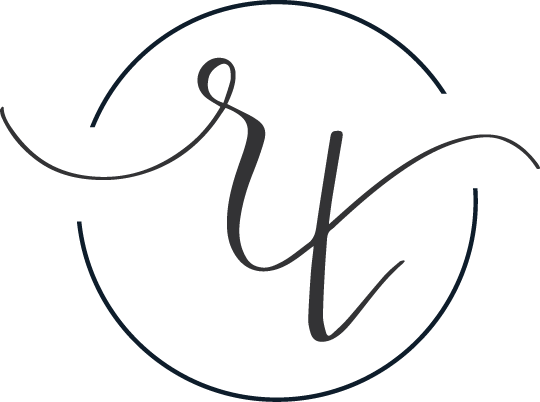Photographer | Everyday Forever Weddings
We all need a little help to pull off the perfect wedding day, but how do you decide how much help you need? Follow along as we break down the key differences between a wedding planner and a wedding coordinator, and how to choose the right fit for you.
WEDDING PLANNER
Often involved right from the get-go, a full-service wedding planner will be with you every step of the way. By getting involved from the beginning, the planner can build a relationship with the couple, help determine the vision and style, and define an appropriate budget. Working with a planner allows the Bride to focus on the details most special to her, while the planner handles the various logistics of the day. Here is a brief list of a wedding planner’s responsibilities:
Vendor Management: Provide recommendations, schedule & attend meetings, negotiate contracts, track payments, and general communication
Define & maintain the budget
Create a cohesive style & design
Guest Management: Track RSVPs & meal choices
Create custom timelines & floorplans
Conduct the rehearsal
Wedding Day Point Person: Vendor point of contact, problem resolution, bride support, timeline management, supervise set up & tear down processes
WEDDING COORDINATOR
A wedding coordinator’s role is more short-term; they typically get involved four to eight weeks prior to the wedding. At that point, they help to ensure all details are finalized and orchestrate the Bride’s plan. Coordinators help Brides with the technical aspects and logistics of planning that they may not have considered. Here is a brief list of a wedding coordinator’s responsibilities:
Create custom timelines & floorplans
Conduct the rehearsal
Wedding Day Point Person: Vendor point of contact, problem resolution, bride support, timeline management, supervise set up & tear down processes
HOW TO CHOOSE
Now, there are a few things to consider when choosing which will be the best fit for your needs. First, your estimated budget; a wedding planner will take up a larger portion, while coordinators tend to be more affordable, but still provide substantial assistance. Second, think about your planning timeline and how much time you can comfortably commit. If you tend to run short on time, hiring a planner can help to reduce your overall time commitment while keeping you in the loop for influential decisions. Lastly, consider your wedding day vision. If you have a clear idea of your style and preference, you may simply need a coordinator’s technical expertise to execute the day. On the other hand, if you love every style, a planner can help you to design a beautiful, cohesive event.
Put simply, a wedding planner covers everything and more that a coordinator does. Both will make sure your vision is brought to life; it all comes down to which is the best fit for your needs. If you are interested in planning or coordination services, you are in the right place! Schedule a consultation with the amazing planners here at Riding Tandem, click here to reach out!









